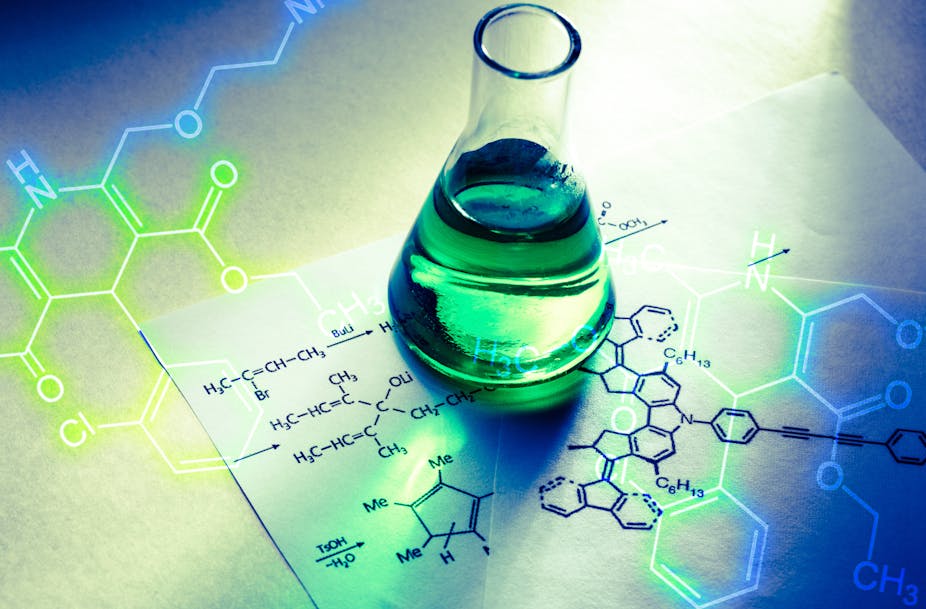Choosing between Higher Level (HL) and Standard Level (SL) Chemistry in the IB Diploma Programme can shape your academic journey and future career plans. Both tracks offer rigorous and rewarding experiences but differ in depth, time commitment, and university recognition.

Understanding the Differences Between HL and SL
1. Curriculum Content
Both HL and SL cover foundational topics like bonding, energetics, and organic chemistry. However, HL students explore more advanced subtopics such as entropy, Gibbs free energy, and intricate reaction mechanisms.
- SL Chemistry: Focuses on fundamental concepts such as stoichiometry, periodic trends, acids and bases, and introductory organic chemistry.
- HL Chemistry: Builds upon SL topics with additional complexity and depth, including reaction kinetics, transition metals, and advanced thermodynamics.
2. Teaching Hours
HL Chemistry involves 240 teaching hours compared to 150 hours for SL. This allows HL students more time for inquiry-based learning, advanced theory, and lab work.
3. Assessment Structure
Both levels include:
- Paper 1: Multiple-choice questions
- Paper 2: Data-based and structured questions
- Paper 3: Extended-response questions based on core and optional topics
- Internal Assessment (IA): A personal investigative experiment report (shared structure across HL and SL)
HL papers are longer and include more demanding analytical questions, requiring deeper conceptual mastery and evaluation skills.
Factors to Consider When Choosing HL or SL Chemistry
1. Academic Strength and Interest
If you have strong analytical skills and enjoy solving complex problems, HL Chemistry may align with your strengths. If you prefer a general understanding without in-depth challenges, SL may be more suitable.
2. University and Career Goals
Planning to pursue medicine, chemical engineering, pharmacy, or life sciences? Most competitive universities require or prefer HL Chemistry. SL is appropriate for non-STEM paths like economics, psychology, or business, where foundational knowledge is enough.
3. Time and Workload Management
HL Chemistry demands more revision hours and study effort. If you're already taking other demanding HL subjects or participating in intense extracurriculars, SL may help you maintain balance.
4. Level of Passion for Chemistry
Enjoy the subject and want to explore it more deeply? HL offers richer content and learning opportunities. If you're less interested or just want to meet IB science requirements, SL is a practical choice.

Benefits of HL Chemistry
- In-depth Knowledge: Prepares students for science-intensive university courses and lab research.
- Recognition: Strong HL performance is valued by global universities as proof of academic rigour.
- Advanced Skills: Builds complex problem-solving, critical thinking, and lab technique mastery.
- Better Lab Experience: More lab hours and investigative work enrich hands-on understanding.
Benefits of SL Chemistry
- Manageable Workload: SL allows time for other subjects, co-curriculars, and extended essay research.
- Interdisciplinary Support: Complements other subjects like Biology, ESS, or Business Management.
- Skill Development: Still builds logical reasoning and practical scientific knowledge.
- Accessible: Ideal for students who enjoy science but aren’t pursuing it as a career path.
Tips for Making Your Decision
- Speak to Your Teacher or IB Coordinator: They can offer honest feedback on your performance and suitability for HL.
- Check University Prerequisites: Some courses require HL Chemistry—plan accordingly.
- Consider Your Overall IB Subject Load: Avoid overcommitting if you're taking other heavy HLs like Math or Physics.
- Reflect on Your Motivation: Passion for the subject can often outweigh performance when it comes to choosing HL.
Conclusion
Whether you choose IB Chemistry at HL or SL, both levels provide valuable learning experiences. HL is suited for students with strong scientific ambitions and academic stamina, while SL offers flexibility and a solid foundation in chemistry. By aligning your decision with your interests, strengths, and long-term goals, you'll be set up for success in the IB programme and beyond.
Need Help with IB Chemistry?
Focus Chemistry offers specialized tuition for both IB HL and SL levels. Our structured lessons, expert tutors, and IA support help you build confidence and clarity in every topic.
🎓 Ready to boost your IB Chemistry grades?

